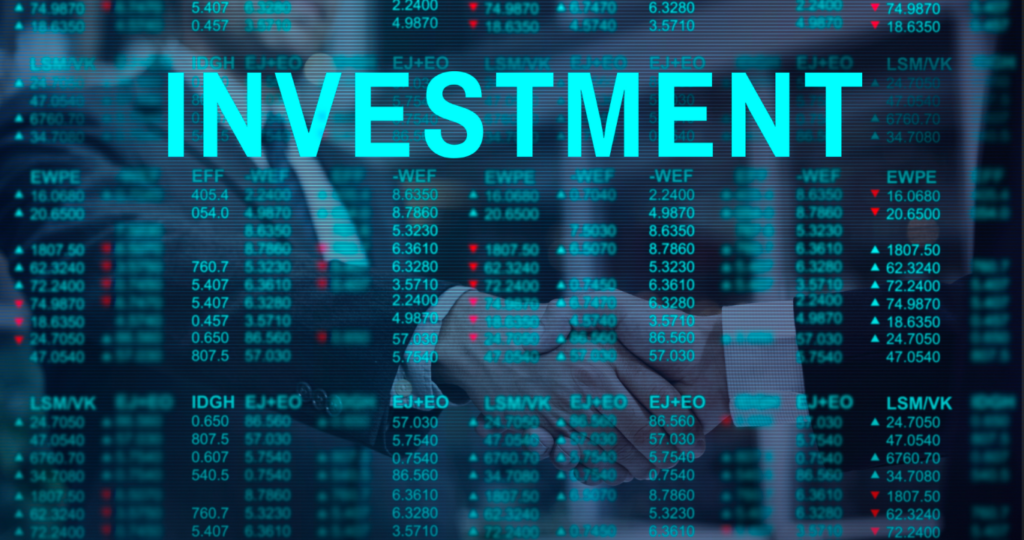The investment landscape is undergoing a seismic shift, driven by technological advancements, evolving economic dynamics, and changing investor priorities. As we look toward the future, understanding emerging trends and opportunities is essential for individuals and institutions aiming to build resilient portfolios.
The Rise of Sustainable Investing
One of the most significant trends shaping the future of investing is the growing emphasis on Environmental, Social, and Governance (ESG) factors. Investors are increasingly prioritizing companies that demonstrate a commitment to sustainability and ethical practices. From reducing carbon footprints to promoting diversity in leadership, ESG metrics are becoming a critical criterion for assessing corporate value. This shift reflects a broader societal movement toward responsible capitalism, offering opportunities for investors to align their portfolios with personal values while achieving competitive returns.
Technological Disruption and Innovation
Technology continues to redefine the way investments are managed and evaluated. Artificial intelligence (AI) and machine learning are enabling more sophisticated data analysis, offering predictive insights that were previously unattainable. Additionally, blockchain technology is revolutionizing transparency and efficiency in financial transactions, paving the way for decentralized finance (DeFi) and tokenized assets. Investors who embrace these innovations stand to benefit from increased efficiency and access to new asset classes.
The Expansion of Alternative Investments
Traditional stocks and bonds remain staples in most portfolios, but alternative investments are gaining traction. Real estate, private equity, hedge funds, and commodities are attracting attention as investors seek diversification and higher yields. Moreover, the rise of fractional ownership platforms is making these assets more accessible to retail investors. This democratization of alternative investments is expected to reshape portfolio strategies in the years to come.
The Growth of the Digital Economy
The digital economy continues to expand at an unprecedented pace, fueled by e-commerce, fintech, and the rise of digital currencies. Cryptocurrencies, once considered speculative, are now viewed by many as legitimate asset classes. Central Bank Digital Currencies (CBDCs) are also gaining momentum, further solidifying the role of digital assets in the global economy. Investors who stay informed about these developments can capitalize on the opportunities they present.
Personalization Through Robo-Advisors
The rise of robo-advisors is transforming the investment experience by providing personalized portfolio management at a lower cost. These AI-driven platforms analyze individual financial goals, risk tolerance, and time horizons to create tailored investment strategies. As these tools become more sophisticated, they will likely continue to democratize access to professional-grade investment advice.
Navigating Challenges and Risks
While these trends present exciting opportunities, they also come with challenges. Increased reliance on technology introduces cybersecurity risks, and the growing popularity of ESG investing raises concerns about greenwashing. Additionally, global economic uncertainties, such as inflation and geopolitical tensions, remain key factors influencing market dynamics. Investors must remain vigilant and adaptable, balancing innovation with prudent risk management.
Conclusion
The future of investing is dynamic, characterized by a blend of emerging technologies, shifting societal values, and innovative financial products. By staying informed about these trends and adopting a forward-thinking approach, investors can position themselves to capitalize on new opportunities while navigating the complexities of a rapidly evolving market.
Share this content:



